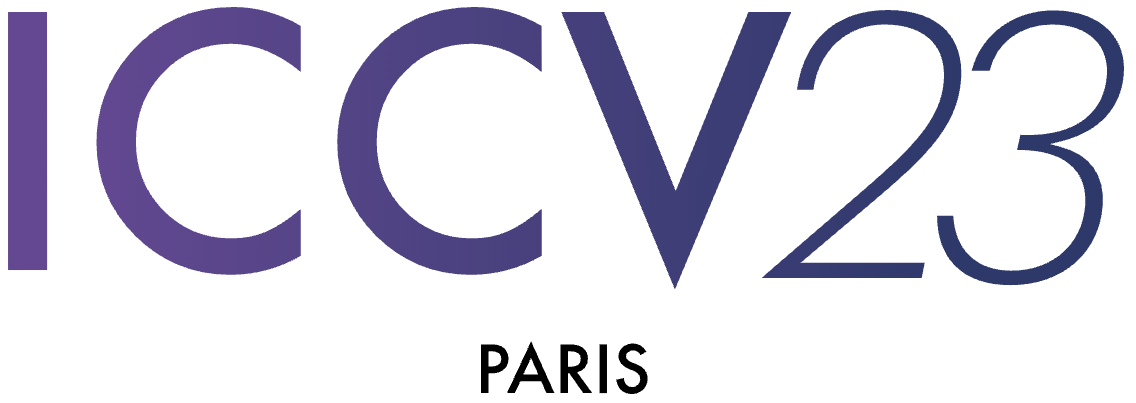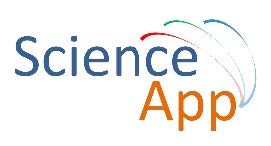| In Conjunction With ICCV 2023 |

|
Designing systems with humans in the loop with the goal to assist them is an exciting research area, with the potential on impact society at large. This requires a very different set of innovations, tools, and evaluation criteria than classic methods involved in fully autonomous tasks. Implementing such kinds of systems still requires a lot of effort to reach an adequate level of reliability and introduces challenging satellite issues related to usability, privacy, and acceptability. Besides, multidisciplinary competencies are required to adapt computer vision and robotics techniques and algorithms to industrial, social, medical, and economic constraints. The aim of the workshop is to fill the reality gap in computer vision and robotics for assistive technology. The goal is to provide, year by year, a view of how recent findings in computer vision and robotics are changing assistive technologies, with emphasis on the related additional issues and how they have been addressed by the researchers working in the different research areas involved. We solicit contributed papers presenting assistive systems and describing how the related issues have been addressed. Submissions describing the outcome of research projects on the topics of the workshop are also welcome. We encourage the presentation of new data benchmarks for the workshop-related fields. Authors may also submit abstracts describing ongoing or published research. These will not be included in the workshop proceedings.
Finally, the workshop will give a unique opportunity to students, who are close to finishing or who have recently been awarded their doctorate degree, to discuss their research and interact with experienced researchers in computer vision and robotics (Doctoral Consortium).
Contributions are solicited in, but not limited to, the following topic areas:
- Symbiotic Human-Machine Systems;
- Computer Vision to aid Industrial Processes;
- Augmented and Mixed Reality;
- Computer Vision to Improve the Safety of Workers;
- Human-Robot Interaction;
- Home Healthcare;
- Technology for Cognition;
- Automatic Emotional Hearing and Understanding;
- Activity Monitoring Systems;
- Manipulation Aids;
- Smart Environments;
- Safety and Security;
- Ambient Assistive Living;
- Privacy-preserving systems;
- Robot assistants;
- Quality of Life Technologies;
- Navigation Systems;
- Mobile and Wearable Systems;
- Applications for the Visually Impaired;
- Sign language recognition and applications for the hearing impaired; Applications for the Ageing Society;
- Personalized Monitoring;
- Egocentric and First-Person Vision;
- Applications to improve the health and well-being of children and elderly; Autonomous Driving;
- Driver Assistance Systems;
- Brain-Computer Interfaces (BCI) for Assistive Systems;
- Multi-modal Human-Centered Systems.




